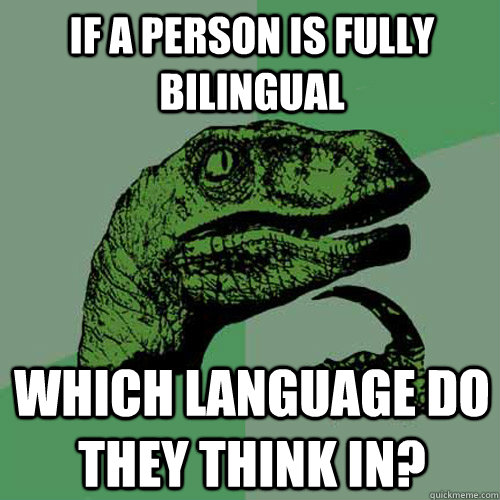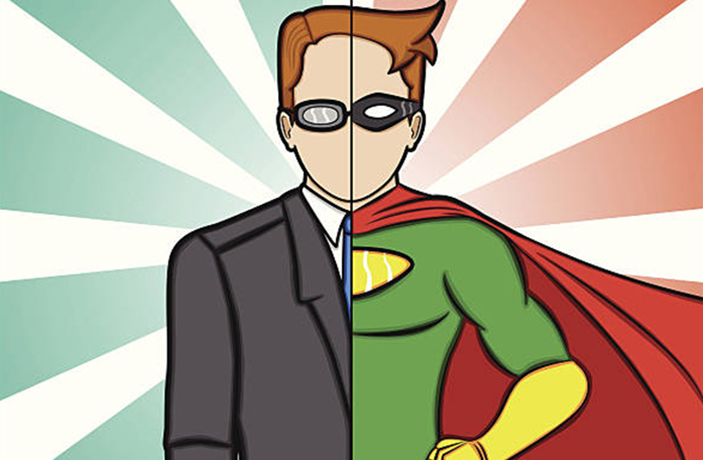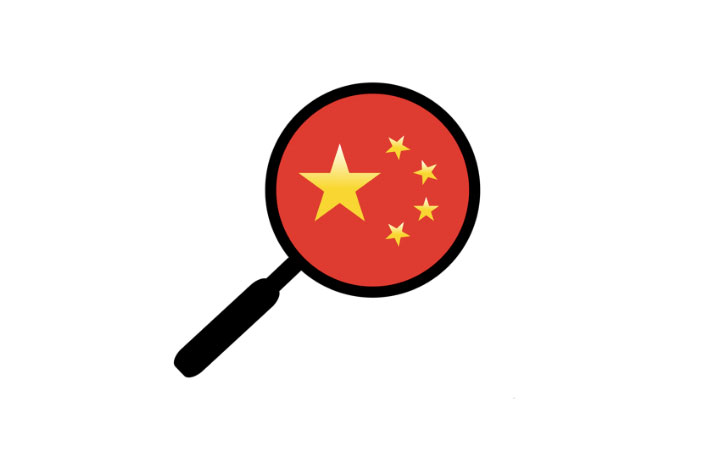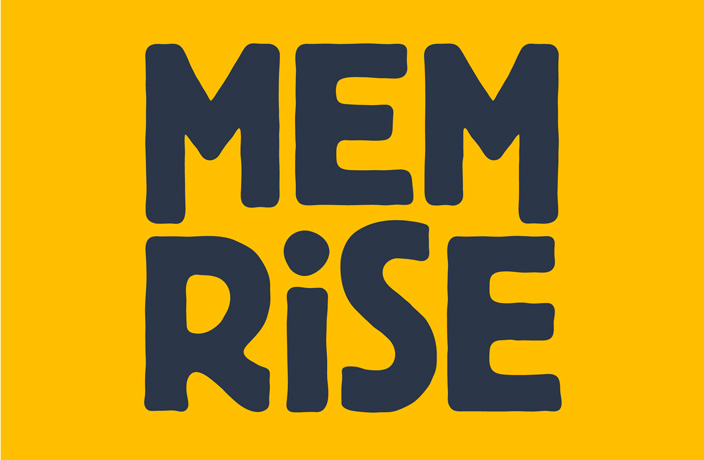Throwback Thursday is when we trawl through the That's archives for a work of dazzling genius written at some point in our past. We then republish it. On a Thursday.
By Eveline Chao
At a house party last year, I met an outgoing Swedish woman named Linda, who was visiting my friend Charlene in China. As a crowd of rapt partygoers formed around the loquacious blonde bombshell, I retreated to the corner to sip vodka sodas with Charlene, who mentioned they were going to see a Swedish DJ the next night – an event sure to be packed with Swedish expats.
A week later, I asked Charlene how it had gone. “Linda hated it,” she said. “As soon as we walked in she got really uncomfortable and after a few minutes asked if we could leave.” Out on the street, Linda had explained to my befuddled friend that she doesn't like being around other Swedes. “You know how she seems so bubbly and extroverted?” said Charlene. “It turns out she’s only that way in English – in Swedish, she’s totally shy!”
Many of us struggling with the Sisyphean task of learning a foreign tongue have probably noticed, at times, a new personality lurking in that language. A quick look around my own circle of friends reveals a somber Russian man who in English won’t stop giggling and making penis jokes, a free-wheeling, hard-drinking Japanese-American woman whose voice goes up an octave and who can’t stop bowing when she switches to Japanese, and a laidback American who becomes bitchy in French.
Some find these personality shifts unsettling. After all, if your self-identity includes being, say, smart and quick-witted, you’re probably not going to enjoy being stripped of the verbal cues – big words, rapid-fire speech – that signal this to people around you.

For others, however, the opportunity to play with your identity can be enormously liberating – and motivating. In linguistics, this phenomenon is called the “ideal L2 self.” As it turns out, people who feel there’s a better version of their selves out there – one that is hidden within their own culture – are among the most motivated language learners. Perhaps this explains how quirky misfits blossom into Da Shans within a few months in China, while businessmen posted here for work never get much farther than learning “guanxi.”
My mother is unquestionably someone who’s achieved her ideal L2 self in another culture. She never excelled in school, and felt invisible in Taiwan’s rigid academic meritocracy. Since emigrating to the US in her early 20s, she has wholeheartedly embraced American culture – complete with its upbeat language of Oprah Winfrey-isms and self-help. “Most important thing is belief in yourself,” she’ll chirp, or “that is real self-defeat kind of attitude.” Once, after I’d eaten three Orion moon pies in a row, she wagged her finger and said, “Mei, you are emotional eater!”
Having found a language and a place that enables you to realize your idealized self, however, is it possible to transport it back to your original culture? When we visit Taiwan, my chatty, active mother fades into something quiet and passive, never speaking up over the din of her huge, raucous family. On the other hand, she goes around proselytizing the carefree American life, telling my cousins they study too much and should “have more fun and lots of boyfriends, like American kids.”
It’s hard to say which of these versions is the real her. I can’t help believing that it’s the second-language one, that the ideal L2 self is in fact the true self that was always there all along, waiting to be given voice. Although, if that’s true, I’ve just called my French-speaking American friend a bitch.
[Images via iStock and Odyssey]
This article first appeared in the October 2010 issue of That's Shanghai. To see more Throwback Thursday posts, click here.






















0 User Comments